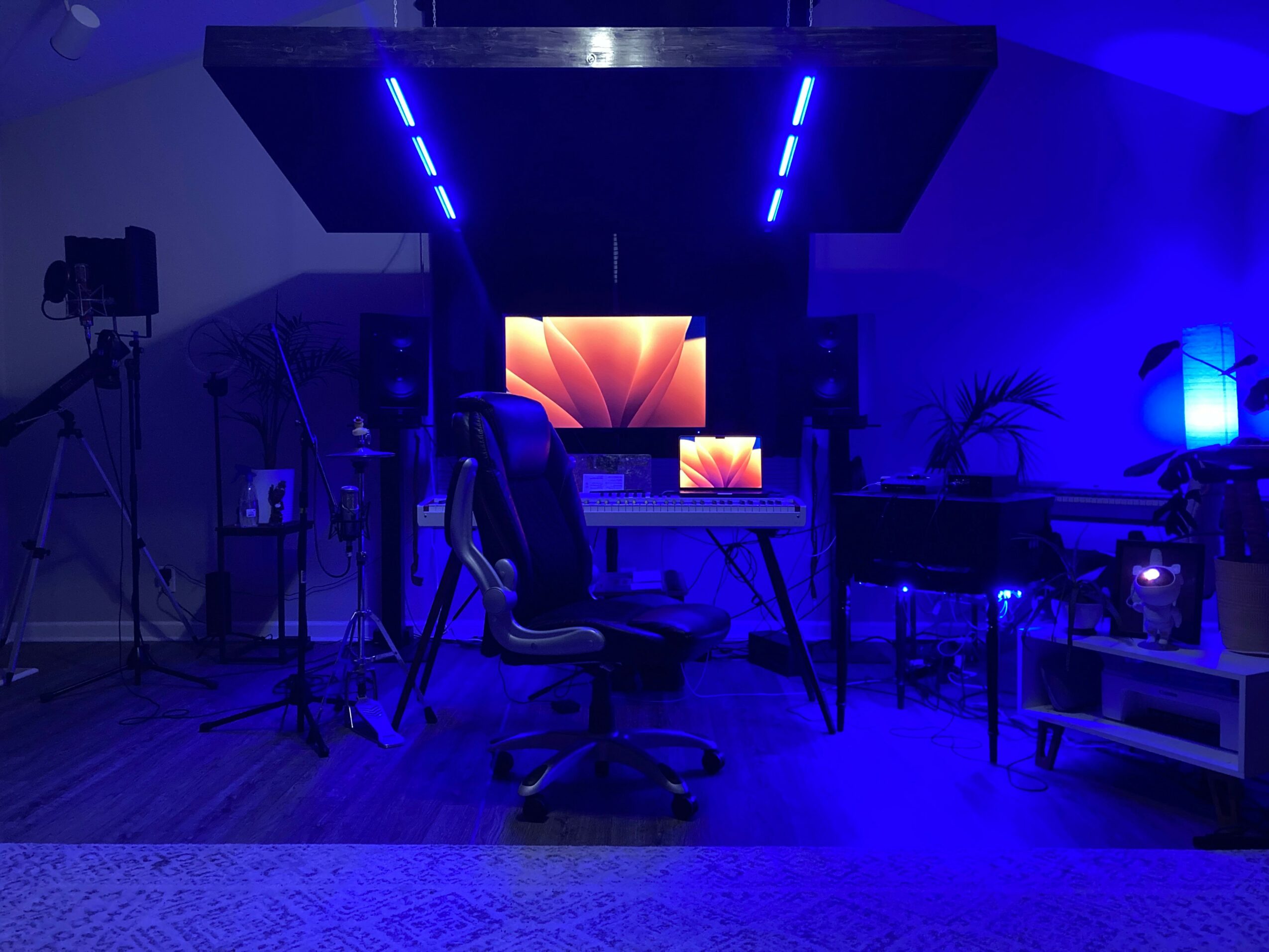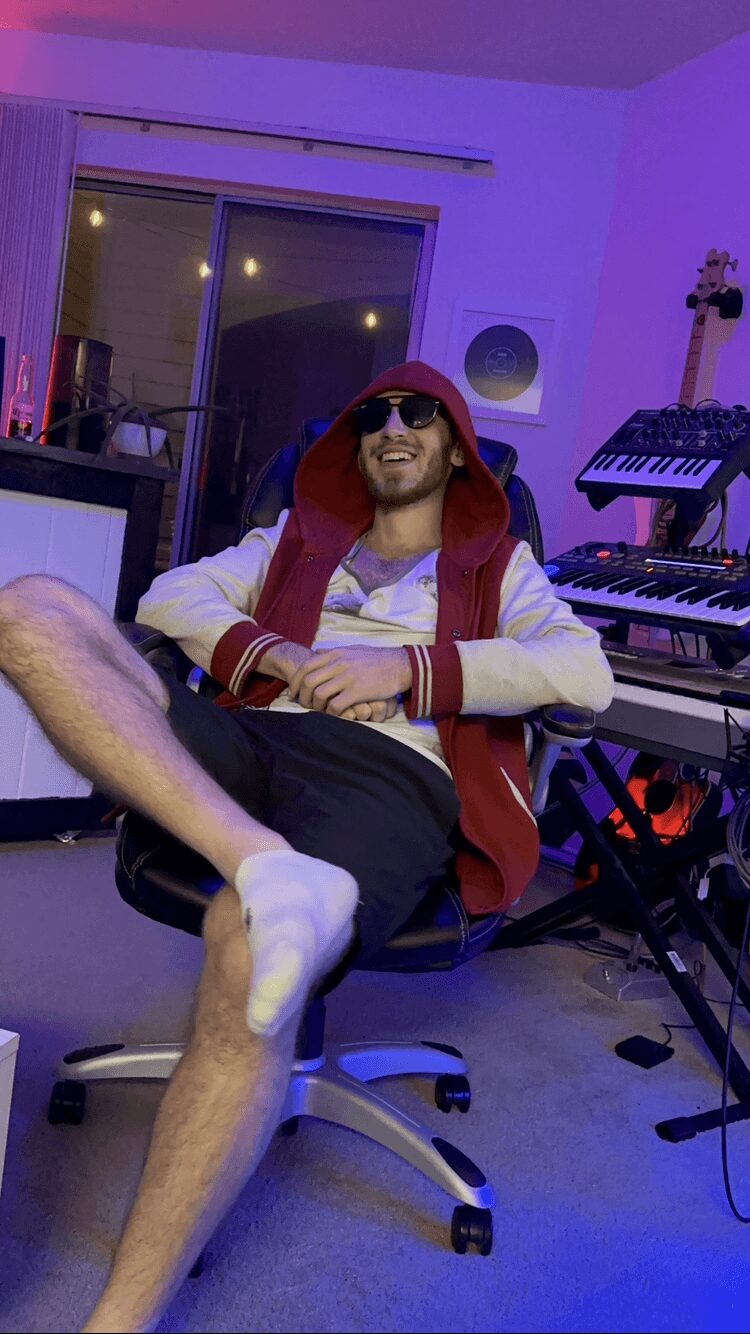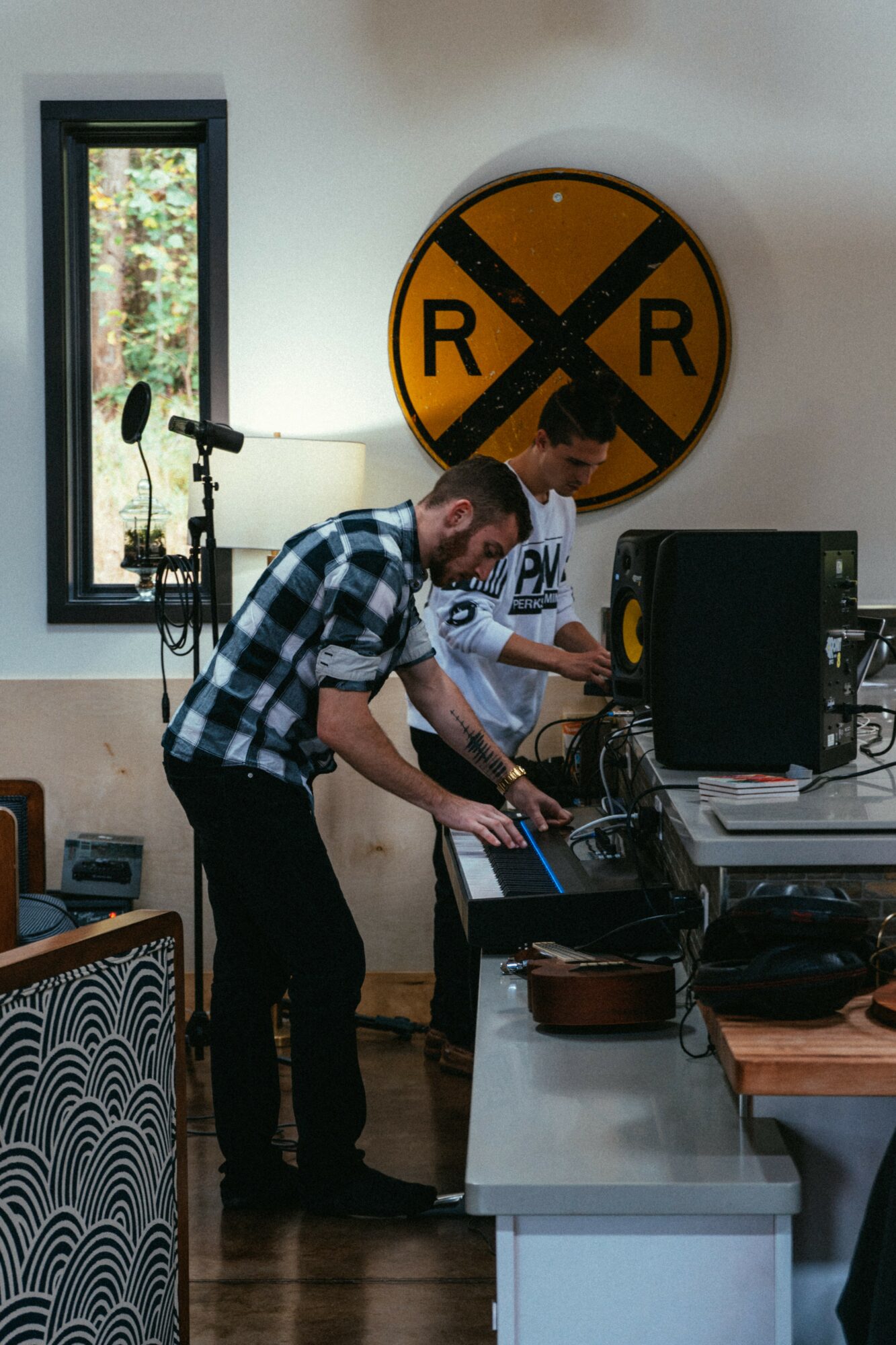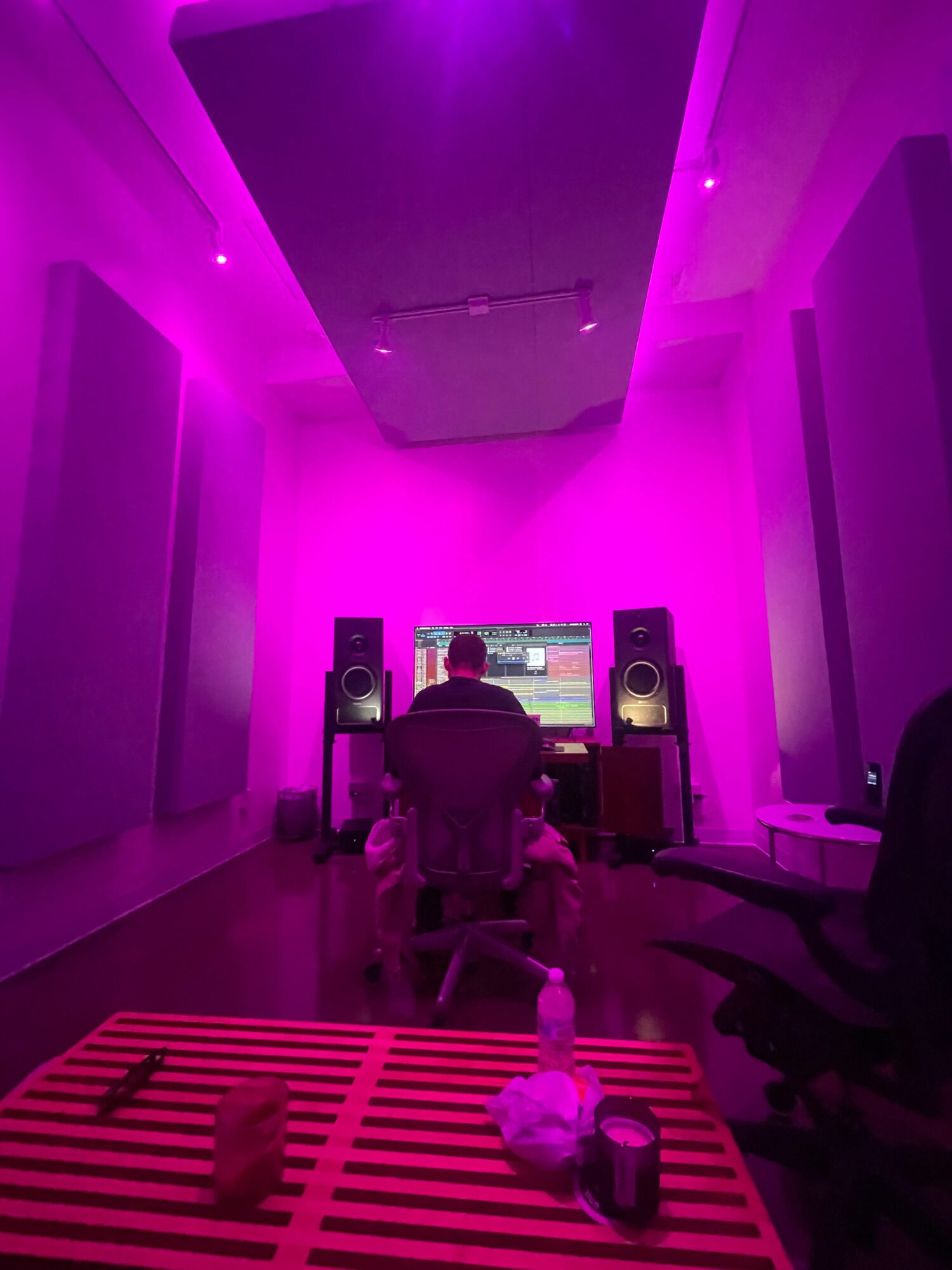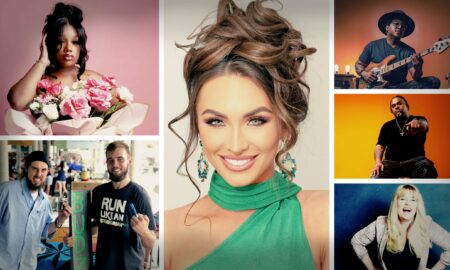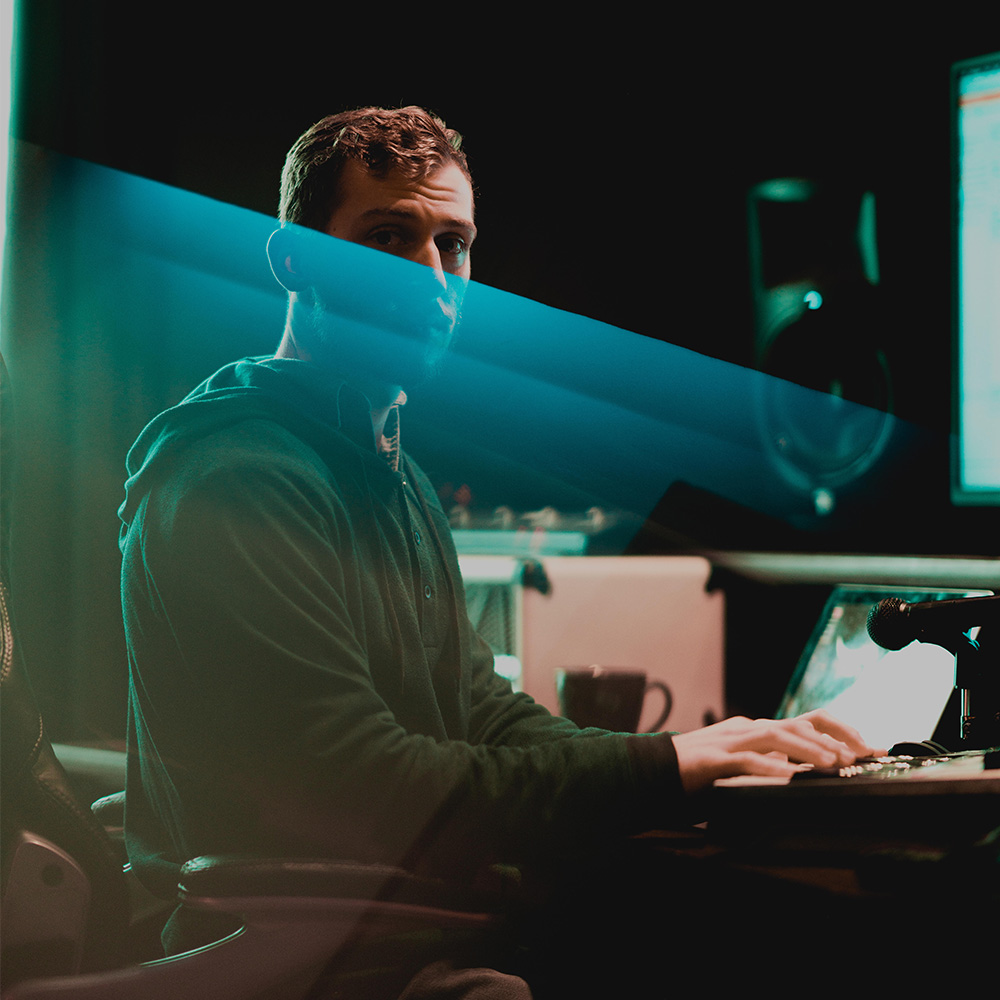

Today we’d like to introduce you to Tony Chetta
Alright, so thank you so much for sharing your story and insight with our readers. To kick things off, can you tell us a bit about how you got started?
I kinda think of my story in 3 phases, the third of which I feel like I’m just at the beginning of…
I first moved to Nashville at 17 years old with the dream of opening my own studio, engineering for bands and songwriters, and helping artists propel their careers so that they can make a living doing what they love. Within the first couple months here, I met a friend who had a similar dream and we decided to team up and start a production company to do just that. We went on to build a couple studios together and we worked with a lot of Belmont artists since that’s where we were going to school at the time. However after we graduated, we realized how difficult it was to scale this business model, my friend felt called towards a different career, and I found myself being pulled into writing rooms as a “track guy” fairly often. This started the second phase.
Being a part of the writing process was very new to me at the time; this was after 5 years of only engineering and mixing. My approach was to say yes to literally everything and try to make the best impression possible with each write so that we’d book another, I’d ask them to bring someone new with them, and that’s how I’d have my network continue to spread until I found a core group of collaborators I worked well with. This model worked for about 4 years but money was often an issue because everyone I worked with was independent — I didn’t understand how to network with labels and publishers who would have bigger budgets than a barista with a dream (all respect to those baristas!)
I knew I needed a different approach to my career, and I wish I had something intentional and concrete that people could learn from, but this third phase really did just come about from following my intuition and probably a good bit of divine intervention. I knew I had an inclination towards making music that felt cinematic and I’ve always been intrigued by the sync industry, but I never knew how to break into that world. So I decided to just start making cinematic music for myself, posting it on instagram, and truly never had an expectation for it, it was really just for my own creative expression. Until my friend Allison Morris found one of those videos (she’s a phenomenal songwriter), messaged me that her sync publishing team (Big Yellow Dog) needed more cinematic music, and we set up a write together. Her team ended up liking what we made, set me up on more writes with their network of artists, and we signed a deal about 6 months later.
Can you talk to us a bit about the challenges and lessons you’ve learned along the way. Looking back would you say it’s been easy or smooth in retrospect?
Looking back on the last 10 years of pursuing this career, each “struggle” was really just an indication that I needed to grow into a new approach to my work. The thing you’re doing now is not going to be what you’re doing 10 years from now.
The first time this happened was when my business partner friend from the production company and I decided to part ways. At the time, I was living in a house his dad owned, the studio was built in that house, and most of the equipment I was using was his. So when we went on our own, his dad sold the house on very short notice meaning I lost my place to live and my ability to work and had less than a month to figure out where to go next. This all coincided with Covid where I also lost the job I had building studios for Niles Acoustics and Design. A tree also fell on my car about a week before I was supposed to move. So no more income, no more home, no transportation, no way to work. That was a fun time.
Situations like this have happened a few times over the last 10 years, but each time it’s become more manageable. Not in the sense that you have more control over what happens in life (you don’t), but you become more confident in your ability to pick up the pieces, do the next right thing, and keep moving forward.
Alright, so let’s switch gears a bit and talk business. What should we know about your work?
My work tends to get separated into producing for artists and producing for tv/film.
For artists, my goal right now is to work with people that have a strong vision and work ethic. Talent is implied. Almost (emphasis on almost) everyone in this town is incredibly talented, but there are few artists who truly know who they are; who know the feeling of the world they want to create through their brand, the way they want to impact their fans, etc. Those are the artists who are intriguing to work with. So my goal is to help craft their sound, build out an album or EP with them, and try to get them connected to whoever can help bring their vision to life.
For tv/film stuff, since I’m new to this world right now my main focus is building up a well-rounded catalog with my team at Big Yellow Dog. I love the cinematic stuff – getting a movie trailer placement is a huge goal of mine. But we’re also strategically adding songs that could work for tech ads, all sorts of tv shows and movies, really anything that their network of music supervisors are asking for.
In terms of your work and the industry, what are some of the changes you are expecting to see over the next five to ten years?
I feel like I’m one of the rare creatives that’s actually excited about AI in the music industry and not totally terrified that I’ll be out of a job in the 3 years…
That being said we certainly need regulation for training AI models on copyrighted music, BUT I don’t believe there’s ever going to be a time where we push a giant red “STOP” button on technology so we need to learn how to adapt to it.
As a producer, I understand that artists work with me for my taste. And fans gravitate towards an artist because of their brand. So taste and brand, in my opinion, will become the most valuable asset for artists and producers as the process of creating music itself becomes increasingly outsourced to AI models like Suno. Especially in the sync world where a young, hungry supervisor is tasked with finding a song for project, like an ad, and the company creating that ad is currently willing to spend $25,000 on the right song… why do that if the supervisor could plug the brief into Suno, tweak it a bit, and pocket that full $25k? Right now, Suno and other models are not good enough to supplement a real production, but eventually they will be.
Because of this, I think more producers will begin to have artist personas so that they can build a brand of their own. A supervisor tasked with finding the perfect song for the ending credits of a movie is not going to settle on a song that “sounds like Radiohead”… they will want Radiohead because the audience will associate Radiohead’s brand with that movie. We may even see producers taking on more of a music supervisor role themselves since they will have the vocabulary to tell an AI model what to change to get the client what they want.
It’s difficult to tell the exact ways AI will disrupt the industry, but I do think there will be a blending of “job descriptions” for different types of creatives.
Contact Info:
- Website: https://www.tonychettamusic.com/
- Instagram: https://www.instagram.com/tonychetta/
- Youtube: https://www.youtube.com/@Tony-Chetta
